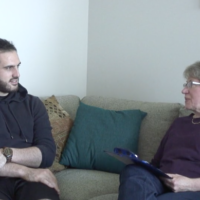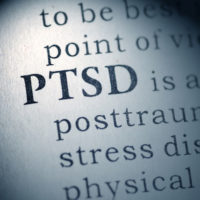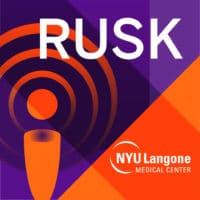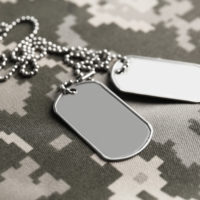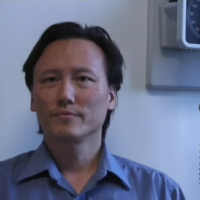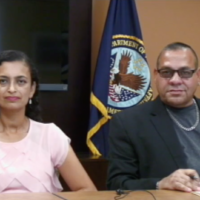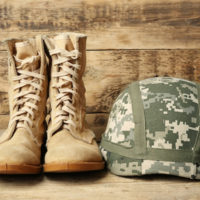Archive
Brain Injury Diagnosis & Treatment
How are traumatic brain injuries diagnosed, and what treatment is recommended for concussions and other brain injuries?
A Medical Student and Cyclist Tells His Concussion Story
Seth Fischer tells the story of a bicycle-car crash that resulted in his having headaches and other chronic symptoms from what was labeled a mild brain injury or concussion. This is the first of two interviews. In a subsequent interview, Dr. Fischer talks about his recovery, his chronic symptoms, and…
Workers with Concussions
Dr. Maureen Miner is a physiatrist and an expert in brain injury medicine. She discusses her approach to patients with concussion and more severe brain injuries who need specialty care and referral to other specialists for evaluation and treatment.
Discussion with Dr. Ernie Bryant
Dr. Ernie Bryant is a neuropsychologist with decades of experience treating people with brain injuries of all severities, including concussion. What is a neuropsychological evaluation? Dr. Bryant presents a case of a worker whose neuropsychological examination was complex as is often the case with brain injuries, especially concussions.
Veterans Can Face Both a Brain Injury and PTSD
Post-traumatic stress disorder can co-occur with a brain injury in military and civilian populations. Screening tests for PTSD should be used for any patient with a brain injury or suspected concussion. Symptoms for these two conditions can overlap, but all symptoms require management regardless of cause.
Cognitive Deficits In Veterans After Brain Injury
Cognitive deficits experienced by military personnel and others can be successfully treated with cognitive therapies.
The Emotional Consequences of Brain Injuries in Military Personnel
Military servicemen and servicewomen need early neurologic and psychiatric evaluations and comprehensive treatment after a traumatic brain injury.
Dr. Elizabeth Sandel: Former AAPM&R Executive Discusses Critical Elements of the Field
In part one, Dr. Sandel talks about physical medicine and rehabilitation and it’s broad scope. In part two, she discusses her mission to educate the public about brain injuries, including concussion. In part three, she discusses what happens to the brain with concussions and repeated concussions. She ends with a case of a patient with a complex diagnosis after a traumatic event that required the diagnosis in order for the best treatment approaches.
A Veteran Talks About his Brain Injuries and Care at the VA
A veteran talks about his experiences with several concussions, and his successful treatment with cognitive and group therapies at the Veterans Administration program in Martinez, California.
Modeling Brain Injury Care in the VA System
Dr. Anthony Chen is a neurologist specializing in the evaluation and treatment of veterans with traumatic brain injuries. Dr. Chen discusses the treatment of cognitive disorders that occur after these injuries, and the common co-occurrence of post-traumatic stress disorder and other mental health conditions in people with a history of…
Causes of Brain Injury in Military and Veterans
Interview with physiatrist Dr. Hetal Lakhani and 38-year Army veteran, Richard Reyes, who sustained three brain injuries during his military career.
Military Blast Injuries Can Injure More than the Brain
Military blast injuries can impact the brain, the lungs, the heart, and other organs in the body. Early diagnosis is very important.
Parents and Sports-Related Concussions
Michelle Camicia, MSN, PhD, the mother of two student athletes, discusses the role of parents who must pay attention to their childrens’ symptoms if they play contact sports. Are these symptoms consistently understood by student athletes and coaches? She argues for more education and advocacy to address the problem of…
Keep up to date
Get updates on the latest in concussion, brain health, and science-related tools from Dr. Elizabeth Sandel, M.D.
By clicking SIGN UP, you agree to receive emails from Dr. Sandel and agree to our terms of use and privacy policy.
